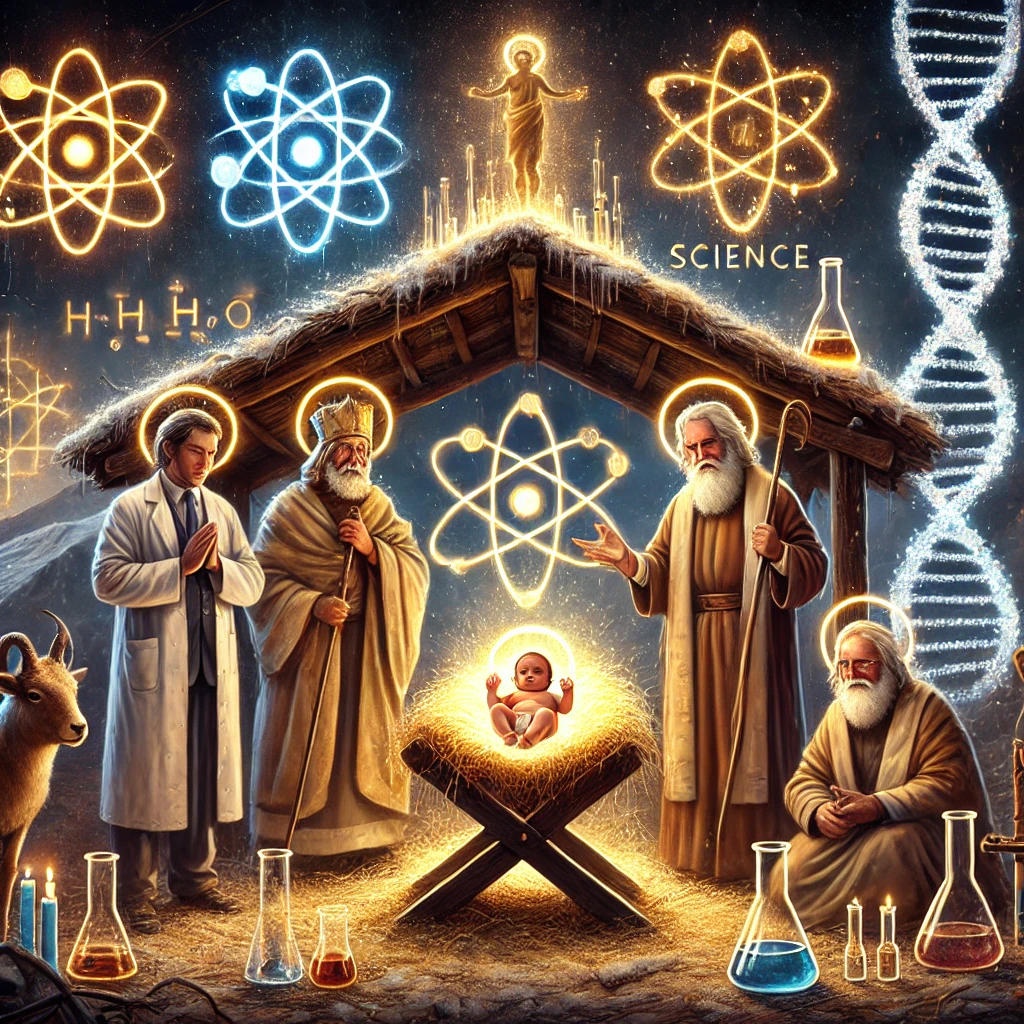As we celebrate Orthodox Christmas, let us take a moment to reflect on the profound relationship between science and spirituality. While science has provided remarkable insights into the biochemical and biophysical mechanisms underpinning life, the question of consciousness has often remained elusive, resisting reduction to purely physiological processes.
In the 20th century, scientific advancements brought us closer to theoretical foundations that touch upon the enigma of consciousness. Particularly significant is the contribution of quantum mechanics, which introduced consciousness into the very fabric of physics. Some interpretations of quantum mechanics suggest that consciousness is an entity distinct from biological organisms and even from matter and energy. Despite this, it influences the material world, notably in the collapse of the wave function, where a spectrum of possibilities converges into what we call objective reality—or more precisely, perceived or measured reality.
Such perspectives offer a scientific basis for asserting that human existence transcends the natural mechanisms described by biology, chemistry, and physics. They point to a spiritual dimension that hints at what we call the divine. The story of Christ’s birth embodies this belief in the divine origin of humanity, presenting a view of life as inherently valuable and meaningful within a higher reality—not as a fleeting phenomenon shaped by random circumstances and mathematically describable processes.
On this sacred day, we celebrate the faith in a divine purpose that elevates human life. May the story of Christ’s birth inspire us to seek meaning beyond the material and embrace the spiritual essence of our existence.
To all Orthodox Christians, we extend our heartfelt Christmas greetings: Peace of God. Christ is born!


Leave a Reply